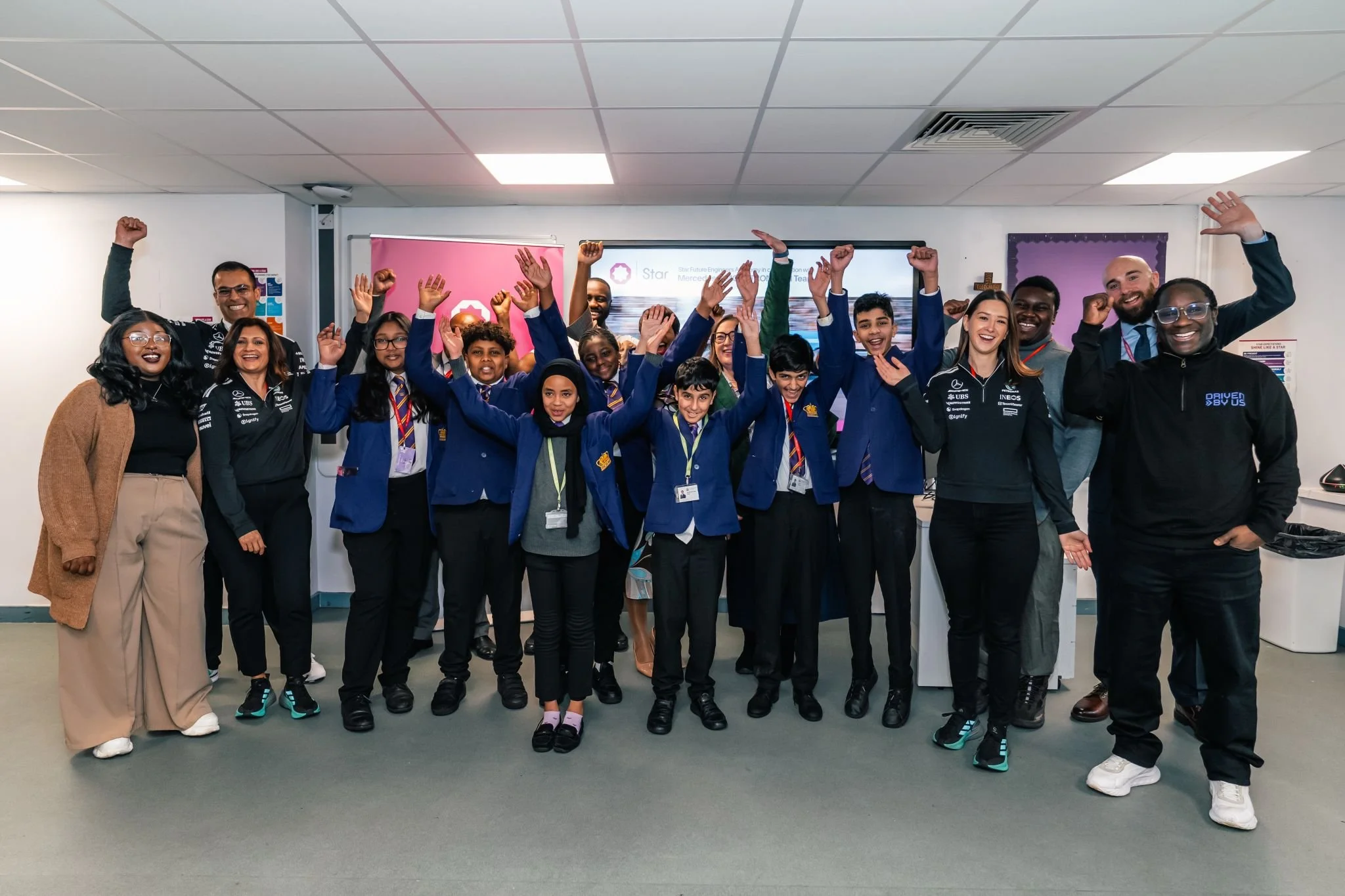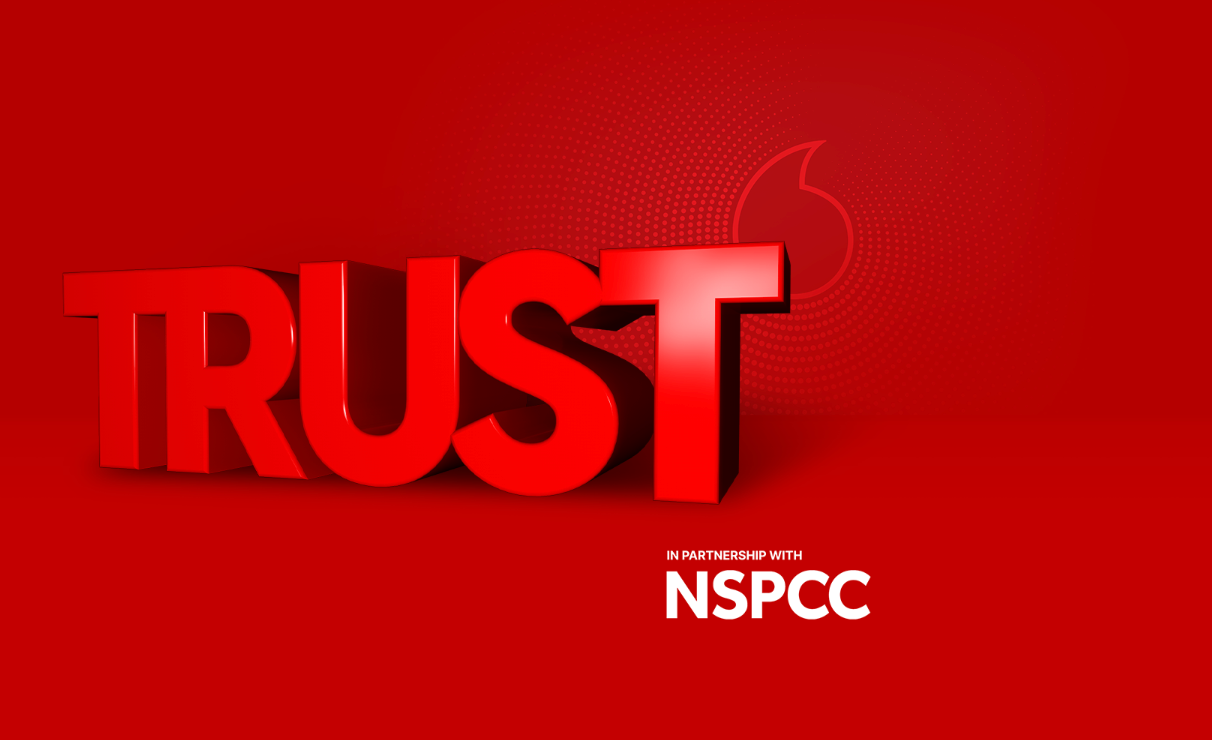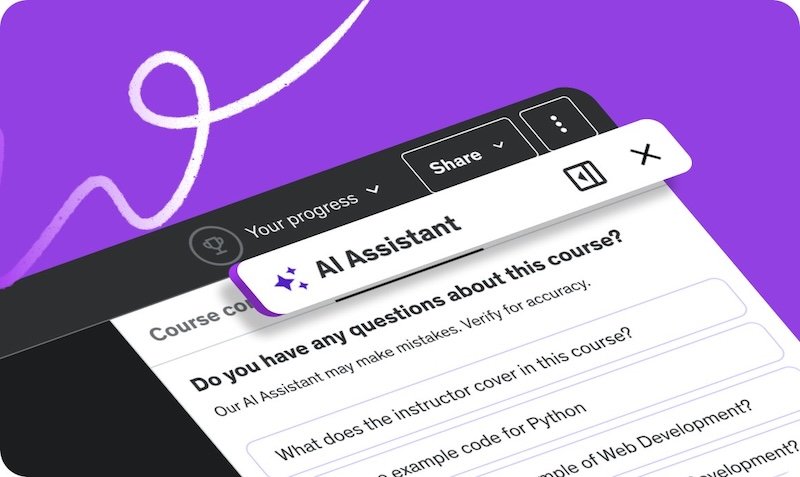Brisk Teaching taps Jon Neale for UK EdTech partnerships and community growth role

Brisk Teaching, the company behind an AI-powered Chrome and Edge extension for educators, has named Jon Neale as its new Partnerships and Community Consultant for the UK and Ireland.
In a recent LinkedIn post, Neale says he is “excited to begin as Partnerships & Community Consultant (UK) with Brisk Teaching supporting purposeful growth in the UK & Ireland.” He will focus on building relationships with schools and education networks across the region, as well as leading community engagement efforts.
Brisk’s browser-based tool integrates with existing teaching platforms and is designed to help teachers create materials, give feedback, and analyze student writing more efficiently. According to the company, more than 100,000 educators are using the free extension.
Moving away from engagement metrics
The announcement aligns with broader commentary from Brisk Founder Arman Jaffer, who argues that many EdTech companies focus on retention, screen time, and renewals—business metrics that don’t always reflect impact in classrooms. Jaffer writes, “The real test is simple: are students progressing, are teachers supported, is learning better?”
Neale says Brisk takes a different approach: “The team’s focus is simple but powerful: give teachers time back, reduce classroom friction, and let the technology step out of the way.”
His appointment follows a track record of EdTech growth roles, including leading UK expansion for Quizizz and serving as VP of Education at Mote. Neale describes his work as combining “strategic input with hands-on activation to ensure meaningful and scalable adoption.”























